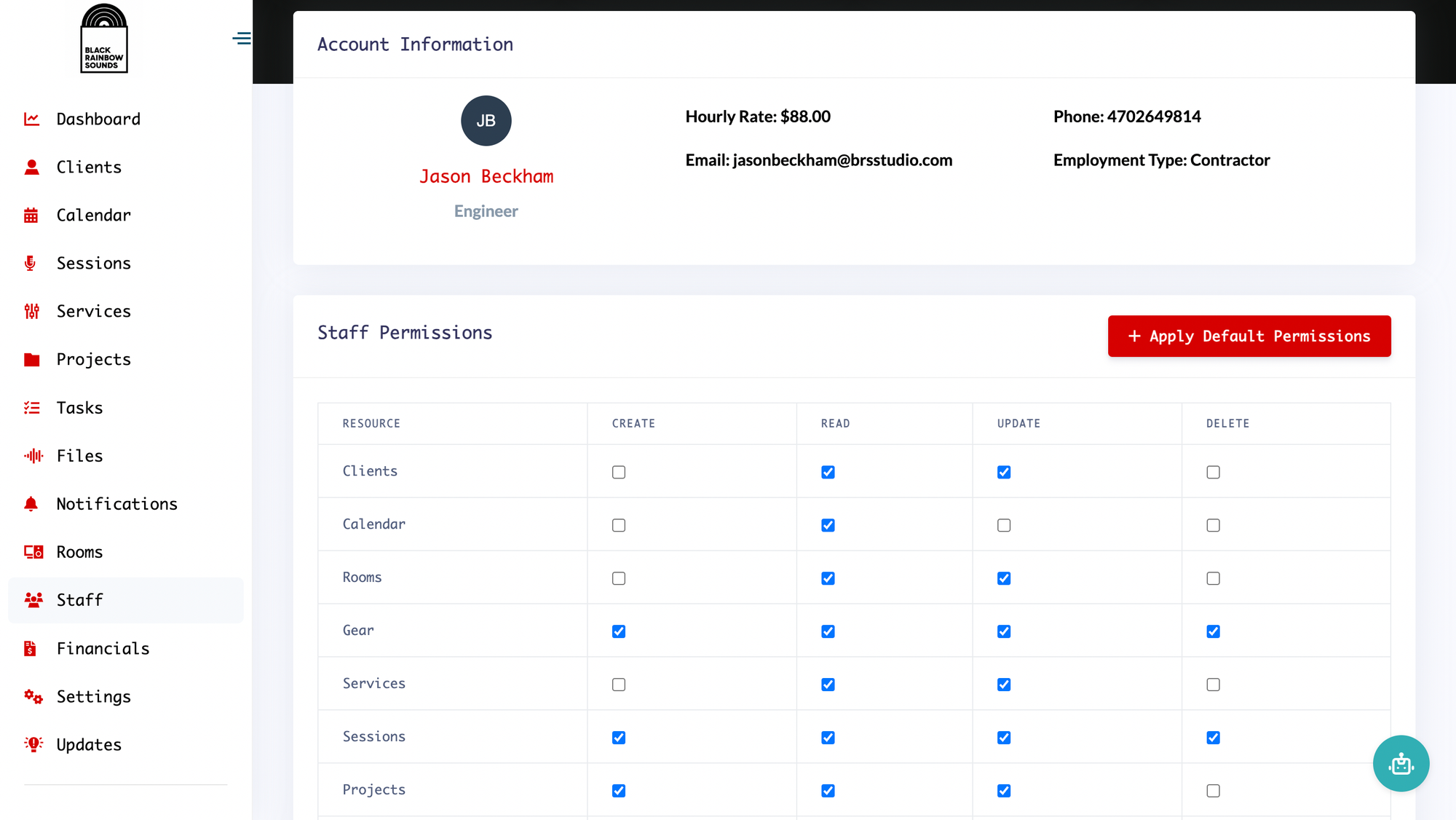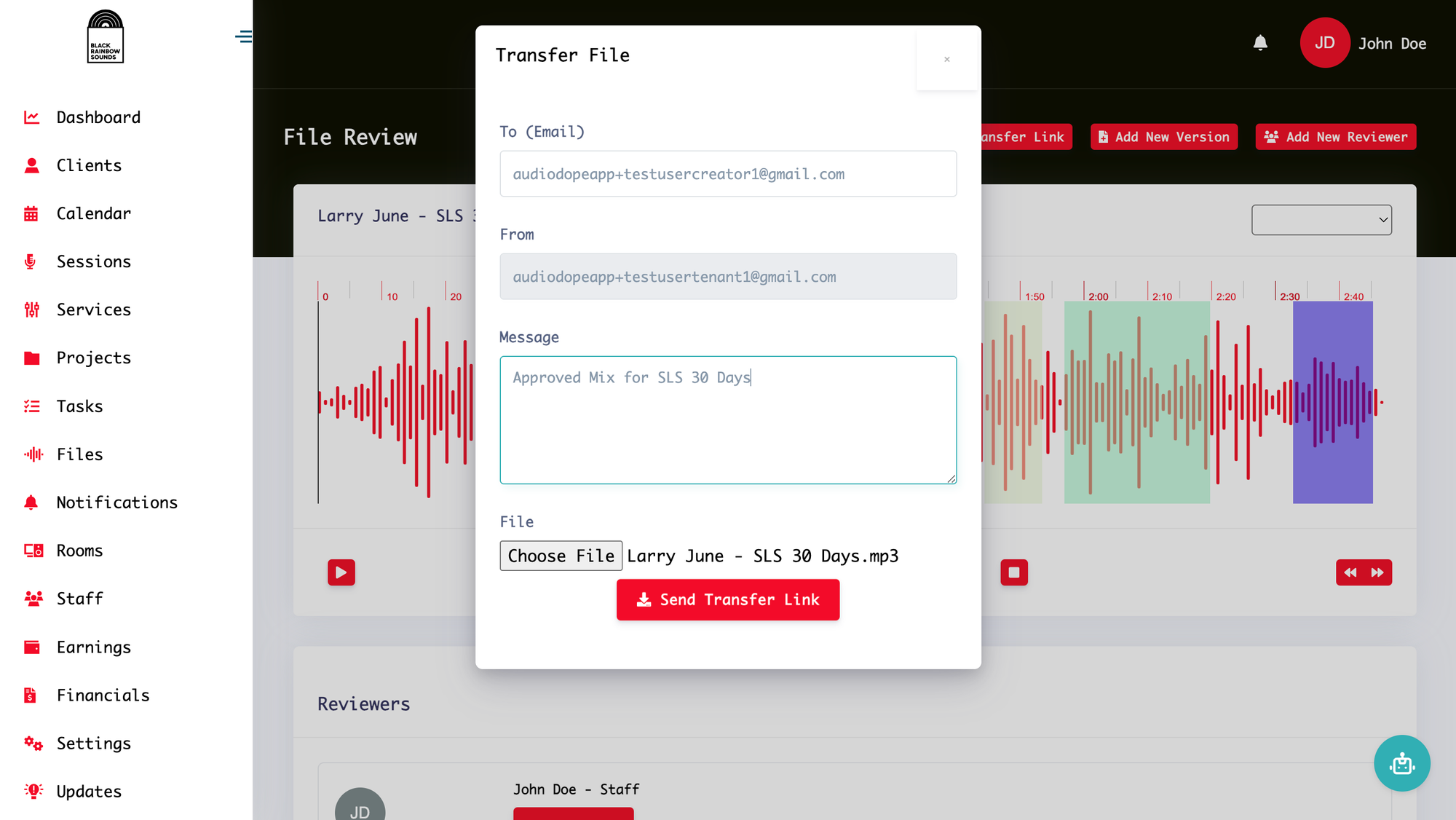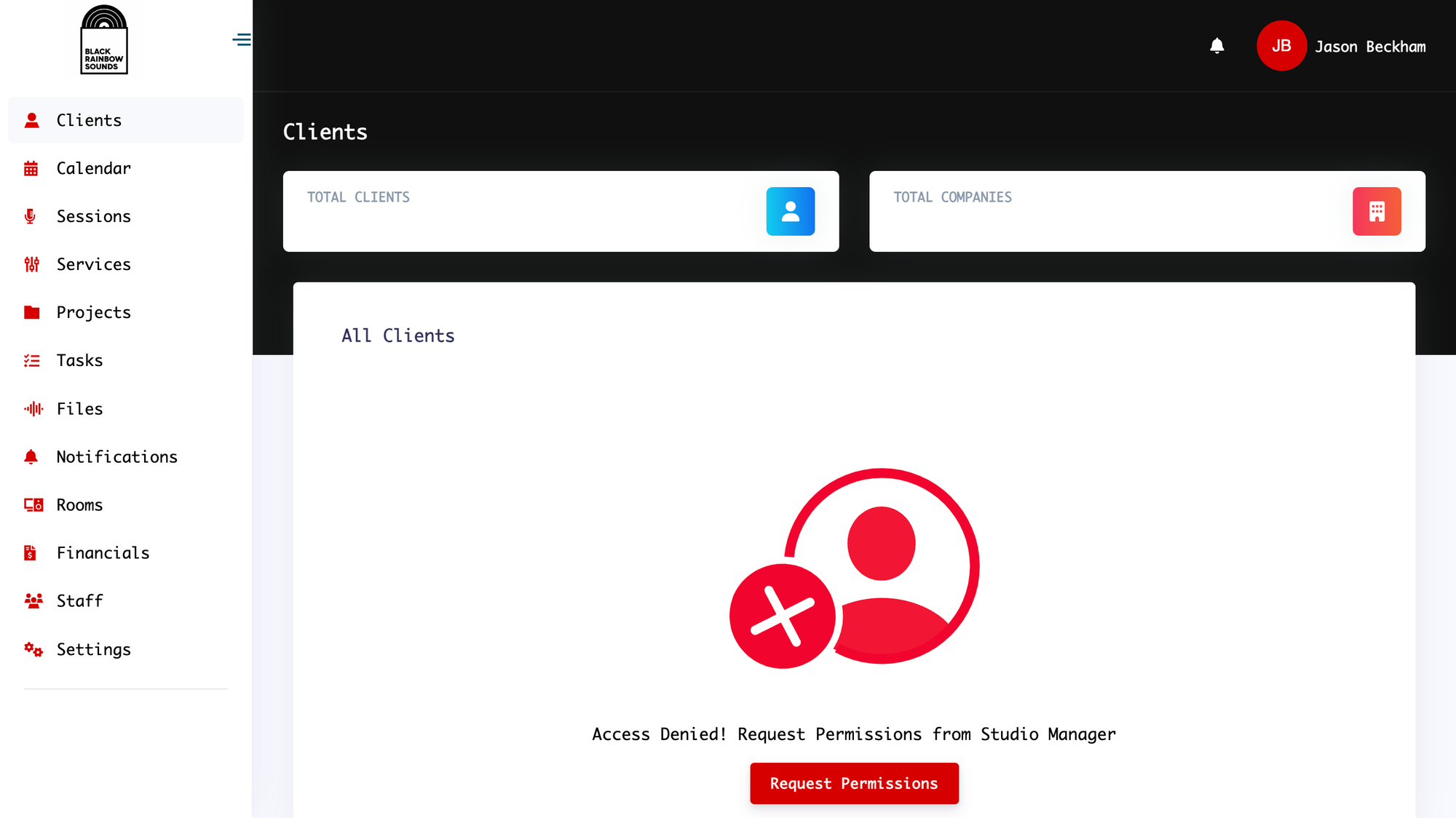Inside the Shadows of the Studio: Unraveling the Mystery of The Leak

Introduction: The allure of leaked songs from recording studios
From the moment an artist steps into the studio, an aura of secrecy envelops the creative process. The sanctity of these spaces, where musical magic is woven, is fiercely guarded, as artists strive to craft their masterpieces in privacy. However, the lure of leaked songs has become an inescapable reality, one that carries profound implications for the industry and its stakeholders.
In this comprehensive exploration, we delve into the shadowy world of leaked songs from recording studios, unraveling the mysteries that shroud this phenomenon. Through in-depth analysis and insights from industry experts, we aim to shed light on the intricate web of factors that contribute to these unauthorized releases, their far-reaching impacts, and the measures taken to safeguard the integrity of the creative process.
Understanding the phenomenon of leaked songs
The phenomenon of leaked songs from recording studios is a complex tapestry woven from various threads. At its core lies the insatiable desire of fans to experience new music before its official release. This craving, fueled by the internet's rapid dissemination of information, has given rise to a thriving underground market for leaked tracks.
Moreover, the allure of exclusivity and the thrill of being among the first to possess these elusive recordings have transformed leaked songs into coveted commodities. Fans revel in the opportunity to share their discoveries with like-minded enthusiasts, fostering a sense of community and camaraderie within the music subculture.
However, the phenomenon extends beyond mere fan enthusiasm. In some instances, leaks may stem from disgruntled individuals within the industry seeking retribution or personal gain. Others may be motivated by a desire to undermine the artists or labels, driven by malicious intent or ideological beliefs.
Regardless of the motivations, the prevalence of leaked songs from recording studios has become an inescapable reality, one that demands a deep understanding of its nuances and implications.
The impact of leaked songs on the music industry
The impact of leaked songs from recording studios reverberates throughout the music industry, casting ripples that extend far beyond the initial breach of security. These unauthorized releases can have profound consequences for artists, record labels, and the industry as a whole.
- Financial Repercussions: Leaked songs can potentially undermine the commercial success of an album or single, as fans may opt to obtain the leaked versions rather than purchasing the official releases. This can result in significant financial losses for artists and record labels, who invest substantial resources into the creation, promotion, and distribution of their music.
- Artistic Integrity: The premature release of unfinished or unpolished tracks can tarnish an artist's creative vision and reputation. Songs that were intended to undergo further refinement or production may be perceived in an unfavorable light, potentially damaging the artist's credibility and artistic integrity.
- Promotional Strategies: Leaked songs can disrupt carefully crafted promotional campaigns, undermining the strategic rollout of singles and albums. This can diminish the impact of marketing efforts and potentially confuse or alienate fans who were eagerly anticipating the official release.
- Legal Implications: The unauthorized distribution of leaked songs constitutes copyright infringement, potentially exposing individuals and platforms facilitating the leaks to legal ramifications. This can result in costly lawsuits, fines, and other legal consequences.
- Fan Engagement: While some fans may revel in the thrill of obtaining leaked tracks, others may perceive it as a breach of trust, potentially straining the relationship between artists and their dedicated supporters.
As the industry grapples with the challenges posed by leaked songs, it becomes imperative to explore the root causes, understand the legal implications, and implement effective measures to safeguard the creative process and protect the interests of all stakeholders involved.
How leaked songs are obtained from recording studios
The path that leads to the leaking of songs from recording studios is often shrouded in secrecy and speculation. However, industry insiders have identified several potential avenues through which these unauthorized releases may occur.
- Internal Breaches: One of the most common sources of leaks is the unauthorized sharing or distribution of tracks by individuals with legitimate access to the recordings. This could include studio personnel, engineers, producers, or even the artists themselves. Disgruntled employees, personal grievances, or financial motivations may drive these actions.
- Hacking and Cyber Attacks: In the digital age, recording studios and music repositories are susceptible to sophisticated cyber attacks and hacking attempts. Malicious actors may exploit vulnerabilities in security systems to gain unauthorized access to unreleased tracks, which they subsequently leak or sell on underground markets.
- Physical Theft: While less common in the modern era, physical theft of recordings from studio premises or during transit cannot be ruled out. Stolen hard drives, tapes, or other storage devices containing unreleased tracks may find their way into the wrong hands, leading to leaks.
- Insider Collusion: In some cases, leaks may result from collusion between individuals within the industry and external parties. Employees or associates with access to unreleased material may collaborate with hackers, pirates, or other entities to facilitate the unauthorized distribution of tracks.
- Accidental Leaks: Occasionally, leaks may occur due to human error or oversight. Unintentional file sharing, unsecured backups, or improper handling of sensitive material can inadvertently expose unreleased tracks to potential leaks.
Regardless of the specific avenue, the leaking of songs from recording studios often involves a complex web of actors, motivations, and security vulnerabilities. Addressing this issue requires a multifaceted approach, encompassing both technological safeguards and robust operational protocols.
Legal implications and consequences of leaked songs
The unauthorized distribution and possession of leaked songs from recording studios carry significant legal implications and consequences. Copyright laws and intellectual property rights are at the forefront of this issue, as leaked tracks constitute a violation of these legal protections.
- Copyright Infringement: The unauthorized distribution, reproduction, or possession of copyrighted material, such as leaked songs, constitutes copyright infringement. This can result in civil lawsuits filed by copyright holders, seeking damages and injunctive relief to prevent further infringement.
- Criminal Charges: In some jurisdictions, the willful and intentional infringement of copyrighted works may be considered a criminal offense. Individuals involved in the leaking, distribution, or possession of leaked songs could potentially face criminal charges, fines, or even imprisonment, depending on the severity of the offense.
- Digital Millennium Copyright Act (DMCA): The DMCA provides a legal framework for addressing online copyright infringement, including the leaking of songs. Under this act, copyright holders can issue takedown notices to online platforms and service providers, compelling them to remove or disable access to infringing content.
- Contractual Obligations: Artists, producers, and other industry professionals often sign contracts that include confidentiality clauses and non-disclosure agreements. Leaking unreleased material may constitute a breach of these contractual obligations, potentially leading to legal action, financial penalties, or termination of contracts.
- Defamation and Reputation Damage: In some cases, the leaking of unfinished or unpolished tracks may be perceived as defamatory or damaging to an artist's reputation. This could potentially give rise to defamation lawsuits or claims for damages related to reputational harm.
While the legal consequences of leaked songs can be severe, the enforcement of these laws and the pursuit of legal action often present challenges. The anonymous nature of online platforms, the global reach of the internet, and the difficulty in identifying and prosecuting individuals involved in leaks can complicate the legal process.
Nonetheless, the music industry remains vigilant in its efforts to combat unauthorized leaks, employing a combination of legal measures, technological safeguards, and educational initiatives to protect the rights of artists and copyright holders.
Debunking myths about leaked songs from recording studios
As with any phenomenon that captivates public interest, the world of leaked songs from recording studios has spawned its fair share of myths and misconceptions. It is essential to separate fact from fiction to gain a comprehensive understanding of this complex issue.
- Myth: Leaks are orchestrated by record labels for promotional purposes. Reality: While some may speculate that leaks are intentional marketing ploys, the vast majority of record labels and artists vehemently deny such practices. Unauthorized leaks can undermine carefully crafted promotional strategies and potentially lead to significant financial losses.
- Myth: Leaks only happen to high-profile artists and popular musicians. Reality: Leaks can occur at any level of the music industry, affecting both established artists and up-and-coming talents. The allure of unreleased material transcends fame and popularity, as fans and opportunists seek out leaked tracks from a wide range of artists.
- Myth: Leaks are harmless and don't impact the music industry. Reality: Leaks can have far-reaching consequences, including financial losses, damage to artistic integrity, disruption of promotional campaigns, and legal ramifications. The unauthorized distribution of copyrighted material is a serious issue that the industry actively combats.
- Myth: Leaked songs are always unfinished or low-quality recordings. Reality: While some leaks may involve unpolished or rough versions of tracks, many leaked songs are complete, studio-quality recordings intended for official release. The quality of the leaked material varies and is not a reliable indicator of its authenticity or stage of production.
- Myth: Leaks are impossible to prevent in the digital age. Reality: While the prevention of leaks is undoubtedly challenging in the digital era, the music industry employs various technological and operational measures to safeguard unreleased material. From advanced encryption and access controls to stringent security protocols and employee training, efforts are continuously made to mitigate the risk of leaks.

By dispelling these myths and misconceptions, we can foster a more informed dialogue and a deeper understanding of the complexities surrounding leaked songs from recording studios. This knowledge empowers stakeholders to make informed decisions and implement effective strategies to address this ongoing challenge.
The role of technology in preventing leaked songs
In the battle against leaked songs from recording studios, technology has emerged as a powerful ally. Advancements in digital security, data encryption, and access control mechanisms have provided the music industry with a formidable arsenal to safeguard unreleased material.
- Encryption and Data Protection: Robust encryption techniques are employed to secure digital files containing unreleased tracks. Advanced algorithms and encryption keys ensure that even if unauthorized individuals gain access to the files, the data remains unreadable and unusable without the proper decryption keys.
- Access Control and Authentication: Recording studios and music repositories implement strict access control measures, limiting access to unreleased material to authorized personnel only. Multi-factor authentication, biometric verification, and role-based access controls help prevent unauthorized individuals from gaining entry to sensitive data.
- Digital Rights Management (DRM): DRM technologies are employed to control and restrict the use of digital content, including unreleased songs. These systems can limit the ability to copy, distribute, or modify protected files, adding an extra layer of security against unauthorized access and leaks.
- Watermarking and Fingerprinting: Digital watermarking and fingerprinting techniques embed unique identifiers or metadata within audio files. These markers can aid in tracking the origin and distribution of leaked tracks, potentially leading to the identification of the source of the leak.
- Secure File Transfer and Storage: Advanced file transfer protocols and secure cloud storage solutions are utilized to ensure the safe and encrypted transfer and storage of unreleased material. These systems employ robust access controls, audit trails, and redundant backups to mitigate the risk of data breaches or accidental leaks.

While technology plays a crucial role in preventing leaks, it is essential to recognize that no system is entirely foolproof. A multi-layered approach, combining technological safeguards with robust operational protocols and employee training, is necessary to effectively combat the unauthorized distribution of unreleased songs.
Protecting songs in recording studios: Best practices and security measures
Safeguarding unreleased songs in recording studios requires a comprehensive approach that encompasses both technological measures and operational best practices. By implementing robust security protocols and fostering a culture of vigilance, the music industry can significantly reduce the risk of leaks and protect the integrity of the creative process.
- Access Control and Compartmentalization: Implementing strict access controls and compartmentalizing access to unreleased material is crucial. Only authorized personnel directly involved in the recording and production process should have access to sensitive files, and access should be granted on a need-to-know basis.
- Secure File Management: Establishing secure file management protocols is essential. This includes the use of encrypted storage devices, secure file transfer protocols, and robust backup and archiving procedures. Regular audits and monitoring of file access and transfers can aid in detecting potential breaches or unauthorized activities.
- Physical Security Measures: Recording studios should implement comprehensive physical security measures to prevent unauthorized access to premises and equipment. This may include access control systems, surveillance cameras, and strict visitor policies.
- Employee Training and Awareness: Educating and training employees on security protocols, data handling procedures, and the importance of maintaining confidentiality is paramount. Regular awareness campaigns and reinforcement of best practices can cultivate a culture of vigilance and responsibility.
- Contractual Agreements and Non-Disclosure Clauses: Implementing robust contractual agreements and non-disclosure clauses for all personnel involved in the recording process can establish legal accountability and deter potential leaks. These agreements should clearly outline the consequences of unauthorized disclosure or distribution of unreleased material.
- Incident Response and Mitigation Plans: Developing comprehensive incident response and mitigation plans is crucial in the event of a leak. These plans should outline steps for containing the breach, identifying the source, and implementing measures to prevent further dissemination of the leaked material.
- Collaboration with Law Enforcement and Legal Authorities: Maintaining open lines of communication and collaboration with law enforcement agencies and legal authorities can aid in investigating and prosecuting individuals involved in the unauthorized distribution of leaked songs.

By adopting a multi-layered approach that combines technological safeguards, operational best practices, and a culture of vigilance, the music industry can fortify its defenses against the unauthorized leaking of songs from recording studios.
Famous leaked songs and their impact on artists and record labels
Throughout the annals of music history, numerous high-profile leaks of unreleased songs have captured the attention of fans and the industry alike. These incidents have had profound impacts on the artists and record labels involved, serving as cautionary tales and underscoring the importance of robust security measures.
- "Xtracy" by Michael Jackson (2003): The unauthorized leaking of Michael Jackson's unfinished song "Xtracy" from his highly anticipated album "Invincible" caused a major controversy. The leak not only disrupted the album's promotional campaign but also raised concerns about the potential impact on the album's sales and the artist's creative vision.
- "Rebel Heart" by Madonna (2014): In a significant breach, several unfinished tracks from Madonna's "Rebel Heart" album were leaked online months before the scheduled release. The incident prompted the singer to release six completed tracks early and address the leak head-on, while also highlighting the need for improved security measures in the industry.
- "Renaissance" by Beyoncé (2022): Mere days before the official release of Beyoncé's highly anticipated album "Renaissance," two tracks from the album were leaked online. The incident sparked a frenzy among fans and prompted the singer's team to take swift action, issuing takedown notices and reinforcing the importance of respecting the creative process.
- "Yeezus" by Kanye West (2013): The unauthorized leaking of Kanye West's entire "Yeezus" album weeks before its scheduled release caused a major stir. The incident not only raised concerns about potential financial losses but also sparked debates about the impact on the album's artistic integrity and the artist's intended rollout strategy.
- "The Life of Pablo" by Kanye West (2016): In a highly publicized incident, Kanye West's album "The Life of Pablo" was leaked shortly after its release, leading to widespread unauthorized sharing and distribution. The incident highlighted the challenges faced by artists and labels in combating leaks in the digital age.
These high-profile leaks serve as stark reminders of the far-reaching consequences that can result from breaches in security and the unauthorized distribution of unreleased material. They have prompted the industry to reevaluate its security protocols, implement stricter measures, and foster a greater appreciation for the sanctity of the creative process.
Conclusion: The ongoing battle against leaked songs from recording studios
The battle against leaked songs from recording studios is an ongoing and multifaceted endeavor that requires a collaborative effort from all stakeholders within the music industry. As technology continues to evolve and new challenges emerge, the industry must remain vigilant and adaptable, continuously refining its strategies and safeguards.
While the allure of leaked songs may persist, it is imperative to recognize the profound implications these unauthorized releases can have on artists, record labels, and the industry as a whole. Protecting the integrity of the creative process and upholding the rights of artists and copyright holders must remain a top priority.


